BEIJING, November 15 (TMTPOST)— Prior to the high-level meeting between China and the United States, Beijing gave the Biden administration a warning about the alleged discouragement of chip giant Intel’s efforts to increase output in China, signaling the U.S. attitude to expand policies from the Trump era to curb China in tech sector.
Source: Visual China
Intel gave up plans to make silicon wafers in a factory in Chengdu, the capital of Southwestern China province Sichuan, to ramp up production in China as it was “strong discouraged” by White House officials owing to security concerns, Bloomberg cited sources last Saturday, a day after Biden signed the Secure Equipment Act which was deemed as an extension of the sales ban on equipments from Huawei, ZTE and other Chinese suppliers in federal-funded networks.
“The U.S. has repeatedly overstretched the concept of national security and abused state power to politicize and weaponize science, technology and economic and trade issues based on ideology, and intentionally put in place trade and investment barriers against specific countries,” Zhao Lijian, the spokesperson of China’s Foreign Ministry, commented on the recent report. Zhao noted another Biden administration’s recent move in semiconductor industry: it forced the Taiwan Semiconductor Manufacturing Co (TSMC), Samsung and other companies to provide chip supply chain data, labeling the submission ”voluntarily”. “Such actions not only undermine international trade rules and divide the global market, but also end up hurting others and the US itself,” warned Zhao. He said China urged the U.S. to discard the zero-sum mentality, uphold a fair, just and non-discriminatory market environment, and take concrete actions to build an open world economy.
Zhao at the conference confirmed President Xi Jinping would hold a meeting with Biden on on the morning of November 16, Beijing time. “President Xi will have a candid, in-depth and thorough discussion with President Biden on strategic issues affecting the future of bilateral relations as well as important issues of mutual interest and concern,” Zhao added.










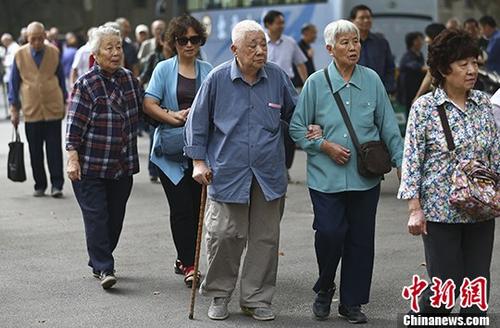

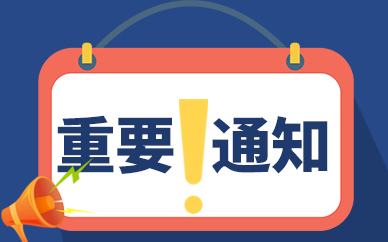




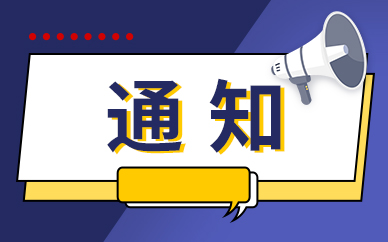



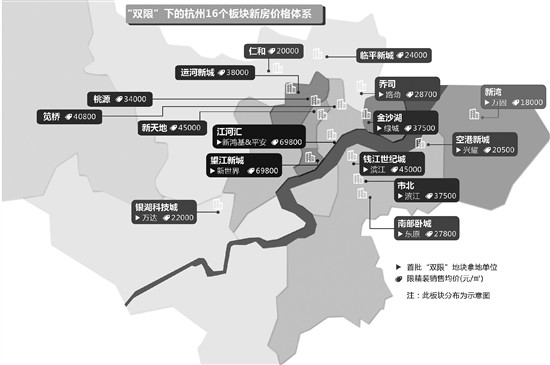

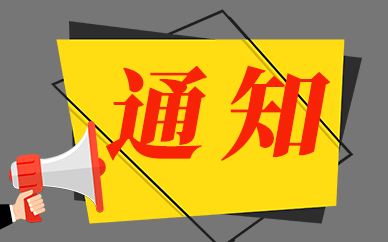













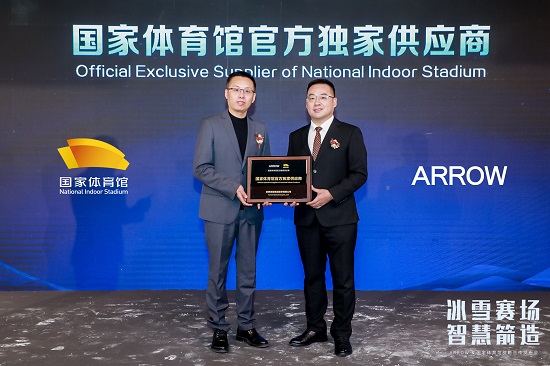

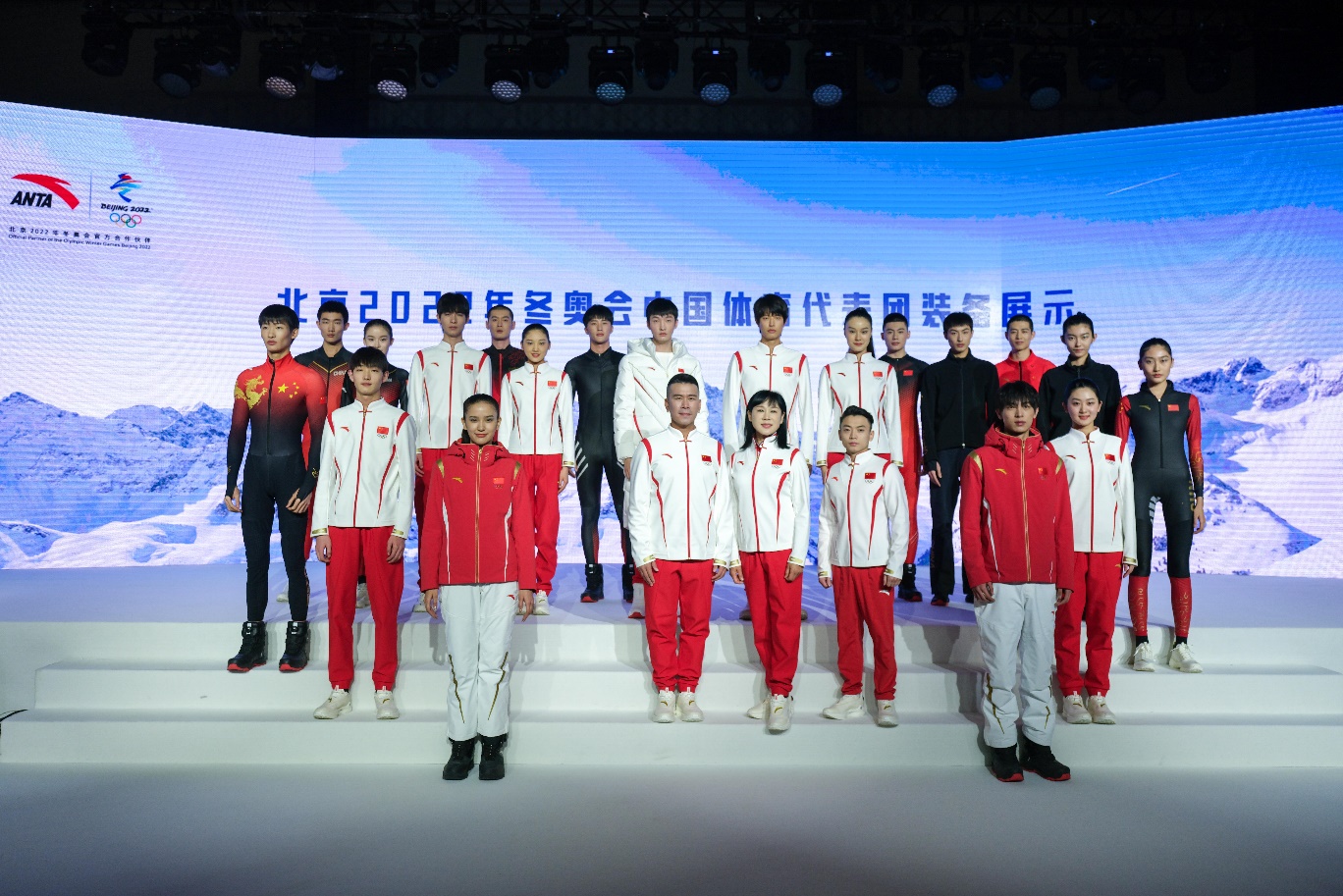



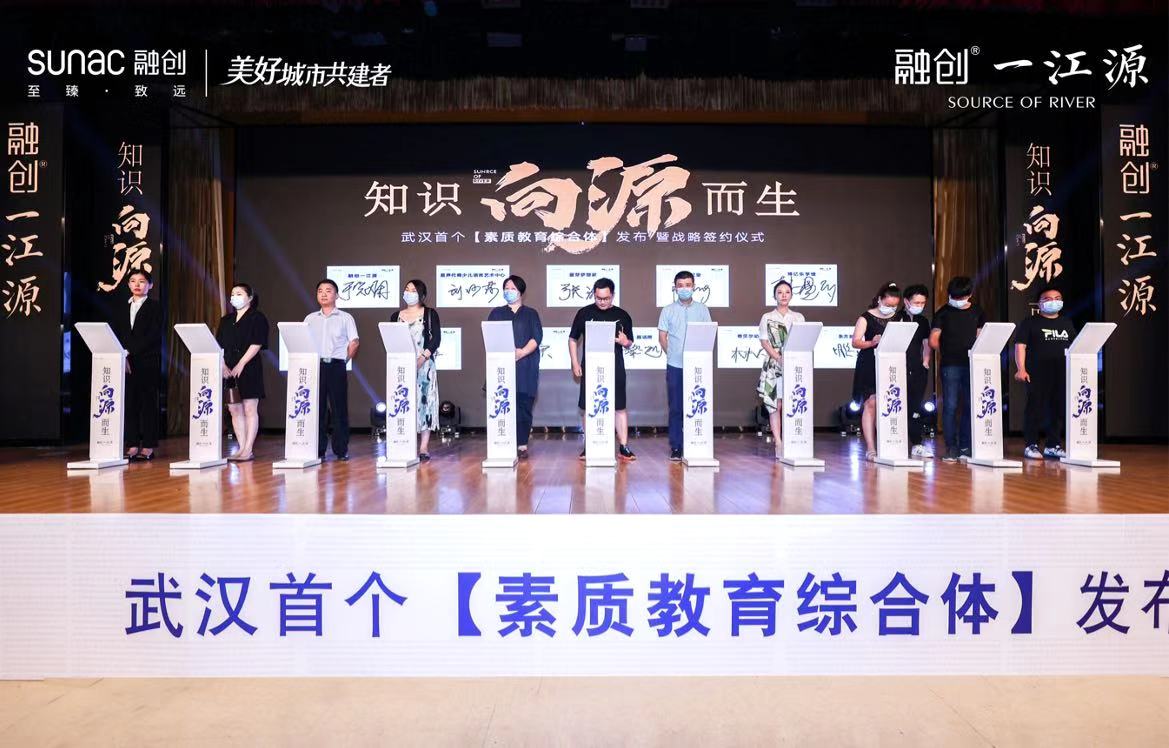
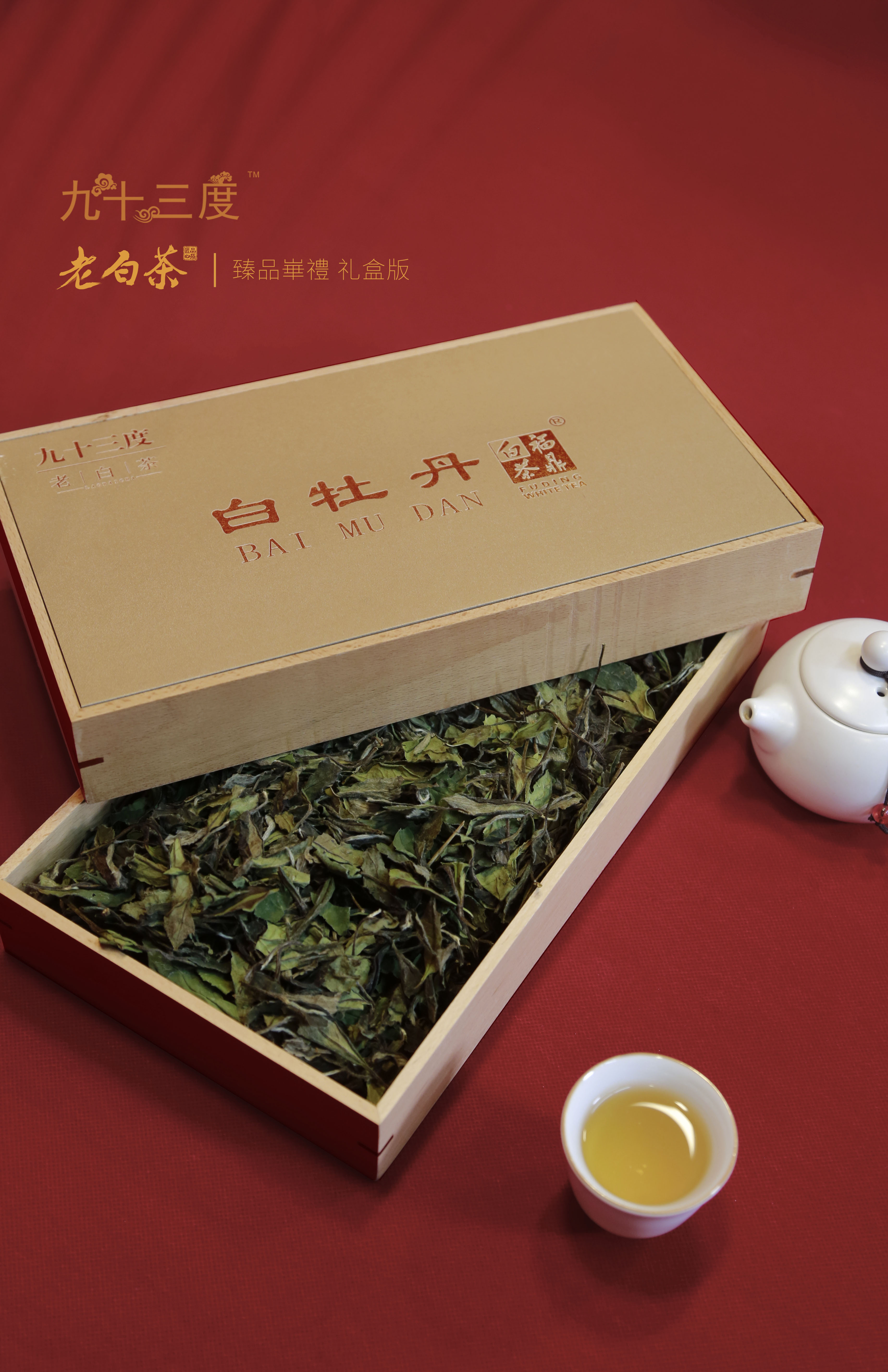
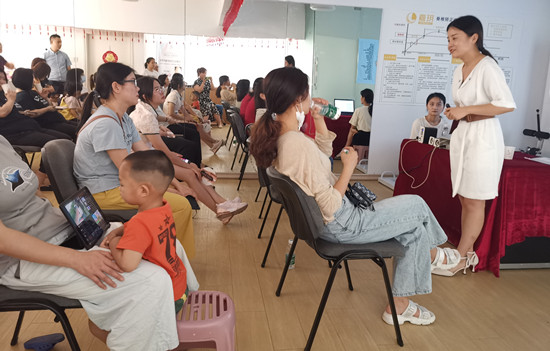
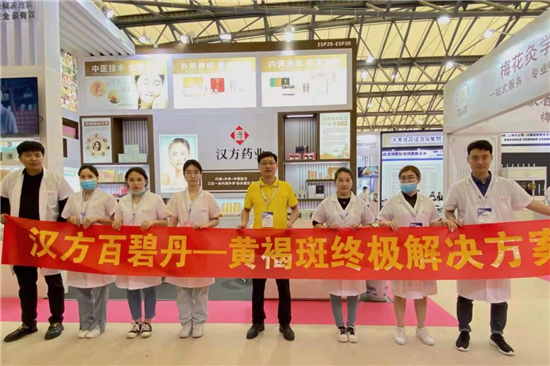
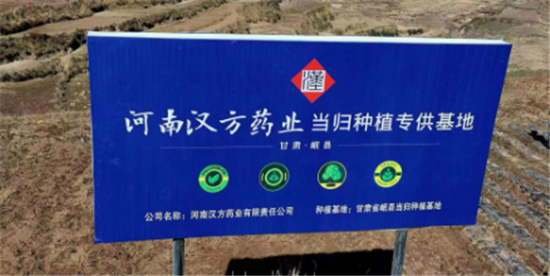
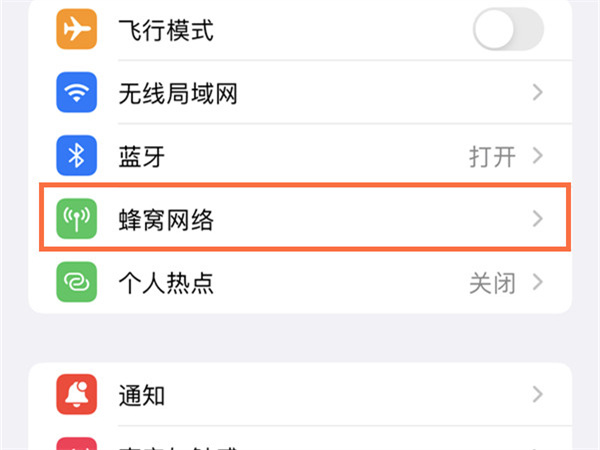
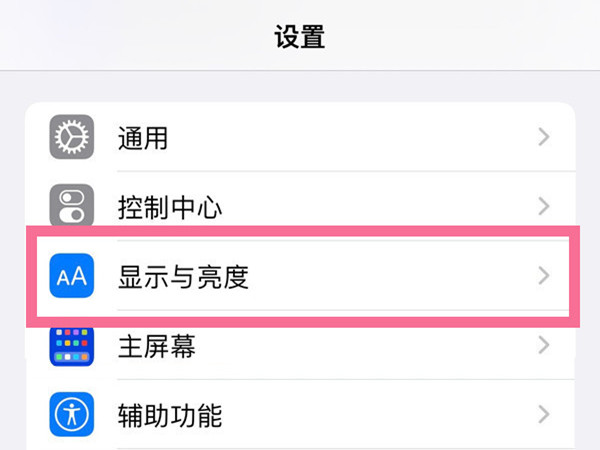








 营业执照公示信息
营业执照公示信息